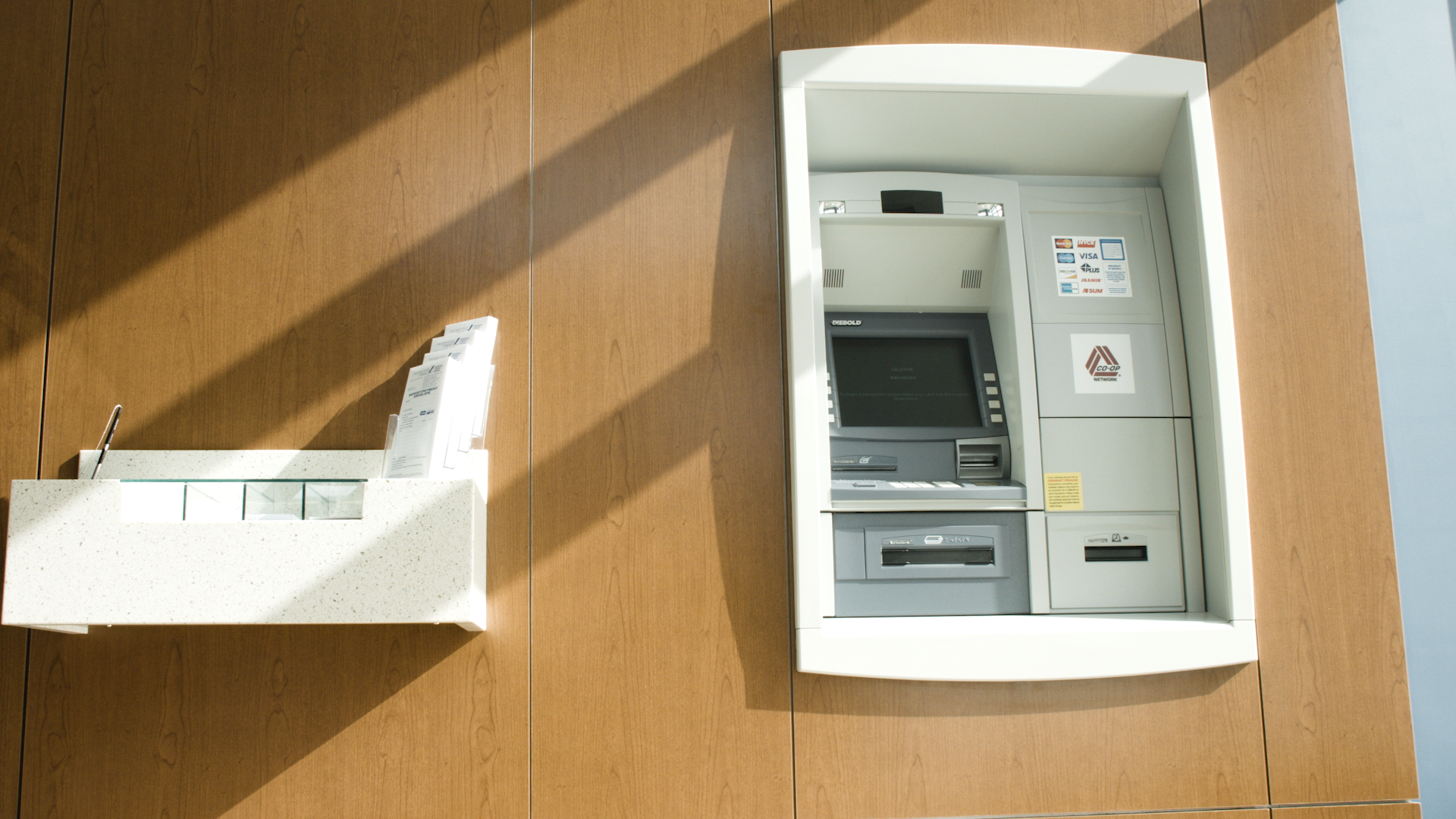Funds Availability Rules Explained: Regulation CC
Updated August 30, 2024 | Published July 24, 2023 by Angela Talbot
-
Categories:
- Banking

If you’ve ever deposited a large check, you may have been subject to a hold on the majority of those funds. These holds are due to Funds Availability rules put in place by the Federal Reserve. All financial institutions in the U.S. must follow them. Funds Availability rules, otherwise known as Regulation CC, are required to be disclosed to you at the opening of your deposit account. In our account terms and conditions, you can find it under the section titled “Your Ability to Withdraw Funds.”
The timeline in which your funds will be available to you will also be disclosed when you make a large deposit. Additionally, certain deposits have different funds availability rules than others. Let’s take a look at the different types, and which rules apply to them.
Deposits that must be available next-day
These types of deposits must be available on the next business day after the banking day that the deposit was made. Although, some institutions may make it available to you same-day.
- Cash deposited in person.
- Electronic payments received through Automated Clearing House (ACH) or wire transfer.
- U.S. Treasury checks deposited in person or at an ATM.
- U.S. Postal Service money orders deposited in person.
- Federal Reserve Bank and Federal Home Loan Bank checks deposited in person.
- State or local government checks deposited in person.
- Cashier’s, certified, or teller’s checks deposited in person.
- Checks drawn on an account held by the same financial institution (“on-us checks”) – deposited in person.
- The first $225 of any checks that do not have full next-day availability. (The Fed raised this amount from $200 to $225 on July 1, 2020.)
If the deposit was made on a Saturday or Sunday, then the banking day of deposit will be the next business day – Monday. That means the funds will be available to you on Tuesday. If any of the deposits listed above are made at an ATM, then the funds are required to be available by the second business day after the deposit (with the exception of numbers 3 and 9).
Deposits that can be delayed
In general, check deposits that are larger than $5,525 are allowed to be held by your financial institution for what The Federal Reserve deems a “reasonable time period.” They define this as one additional business day for on-us checks and five additional business days for other checks that don’t fit the next-day availability criteria. Generally, checks that are drawn off of another financial institution. If your institution holds a check that was deposited at an ATM, they must mail a notice to the account holder on the first business day after it is deposited.
Your bank or credit union may choose not to hold a deposit over $5,525 for a number of reasons. Reg CC does not require financial institutions to place holds, rather it allows them to for their own protection. The account holder or financial institution could take a loss if a check is withdrawn next-day, then turns out to be counterfeit. The hold is to give ample time for everything to clear to the account.

As an example, this is what your timeline for the release of funds could look like if you were to deposit a check for $15,000.00.
- First business day after deposit – $225 available
- Second business day after deposit – $5,300 more available (total funds=$5,525)
- Seventh business day after deposit – $9,475 more available (total funds=$15,000)
If your financial institution chooses to hold the funds for any longer than this period of time, they may have to prove to The Federal Reserve why the hold is “reasonable.” They may also choose not to hold funds greater than $5,525 if they can verify the validity of the check.
Other deposit holds
A financial institution can hold checks that are under the deposit limit for any of these other reasons.
1. New accounts
A bank or credit union may choose to hold a check deposited in an account opened less than 30 days ago. Since they do not have a relationship with the account holder yet, they may choose to do this as a precaution until there is documented history of the customer’s banking habits.
2. Deposits to accounts that are repeatedly overdrawn
The Federal Reserve defines “repeatedly overdrawn” as having a negative balance during 6+ days in the previous six months. Or having a negative balance of more than $5,000 for 2+ days during the last six months.
3. Reasonable cause to doubt the collectability of the check
In this case, the reason for this belief must be given to you in the notice of funds being held.
4. Redeposited checks
These are checks that had previously bounced because there was not enough in the account that the check was written off of. Checks that are returned because they are post-dated or missing endorsement cannot be held as a “redeposited check” if the error was corrected.
5. Checks deposited during emergency conditions
Situations that would prevent the financial institution from processing checks as it normally does. This could include natural disasters or communications malfunctions.
Sources: